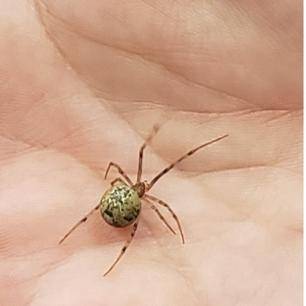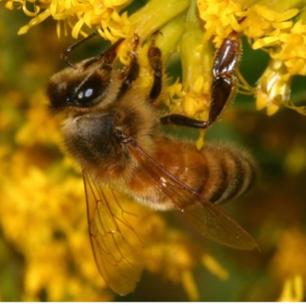Research Interest:


If you are interested in knowing more about my research and publications, please check out my Researchgate site
Courses:
- BIOL 4277-Neurobiology
- BIOL 4300-Seminar in Biological Sciences
- BIOL 4357/5357-Animal Behavior
- BIOL 5800-Scientific Writing for Biological Sciences
 Sam Wilson West Parking Lot C...
Sam Wilson West Parking Lot C... 